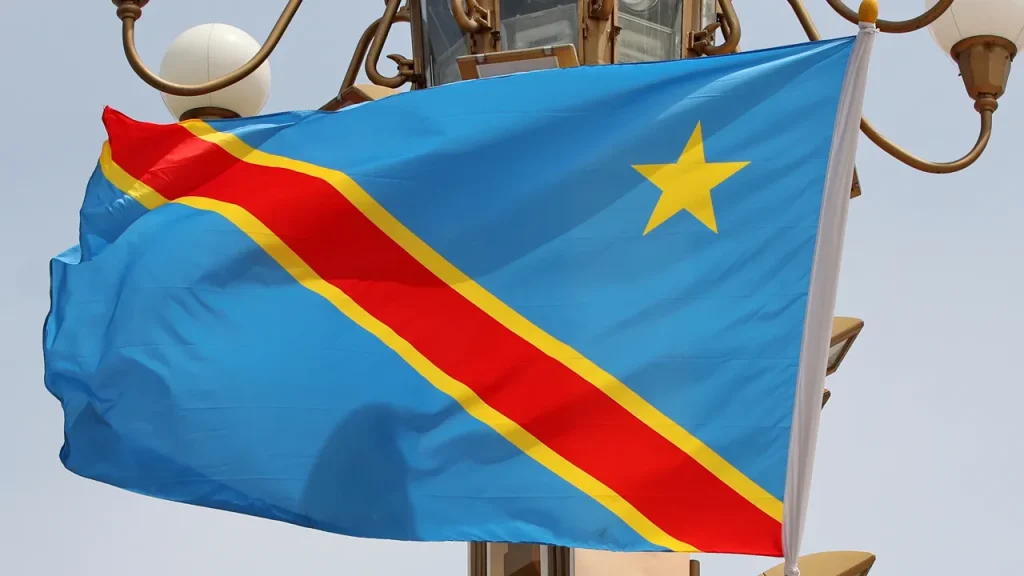A military court in eastern Congo recently sentenced eight soldiers to death for cowardice and other crimes related to fleeing the battlefield. This decision comes as the government struggles to contain violence and attacks in the mineral-rich area where numerous armed groups operate. In March, Congo lifted a more than 20-year moratorium on the death penalty, stating that those guilty of treason and espionage needed to face adequate punishment, a move that was criticized by human rights organizations.
Alexis Olenga, a lawyer for one of the soldiers sentenced to death, argued that his client had not fled the battlefield but was arrested in the area of his assignment. He described the court’s decision as monstrous and stated that they intended to challenge it before the high military court. Three other soldiers were acquitted of all charges and released by the military court in Goma, the provincial capital of North Kivu.
Moïse Hangi, a civil society activist, expressed concern that decisions like these would further weaken the army and instill fear in those on the frontline of defense. The ongoing conflict in eastern Congo has led to one of the world’s worst humanitarian crises, with over 100 armed groups waging battles for land and control of valuable mineral mines in the region. Some groups are fighting to protect their communities, while many are accused of perpetrating mass killings, rapes, and other human rights violations.
The violence has resulted in the displacement of around 7 million people, many of whom are now beyond the reach of humanitarian aid. This relentless conflict has left eastern Congo in turmoil, with numerous armed groups vying for power and resources. The government’s decision to reinstate the death penalty for certain offenses has sparked controversy, with concerns raised by human rights organizations regarding the implications of such a decision on justice and accountability in the region.
Despite efforts to contain the violence and restore stability, the situation in eastern Congo remains precarious. Humanitarian organizations are struggling to provide aid to those affected by the conflict, while armed groups continue to commit atrocities with impunity. The sentencing of soldiers to death for fleeing the battlefield highlights the challenges faced by the government in maintaining discipline within the military ranks and ensuring accountability for those involved in human rights abuses.
As the conflict in eastern Congo persists, there is a dire need for comprehensive solutions to address the root causes of the violence and facilitate reconciliation and peace-building efforts. International support and cooperation are essential to resolve the ongoing crisis and support the people of eastern Congo in their quest for security, justice, and stability.


